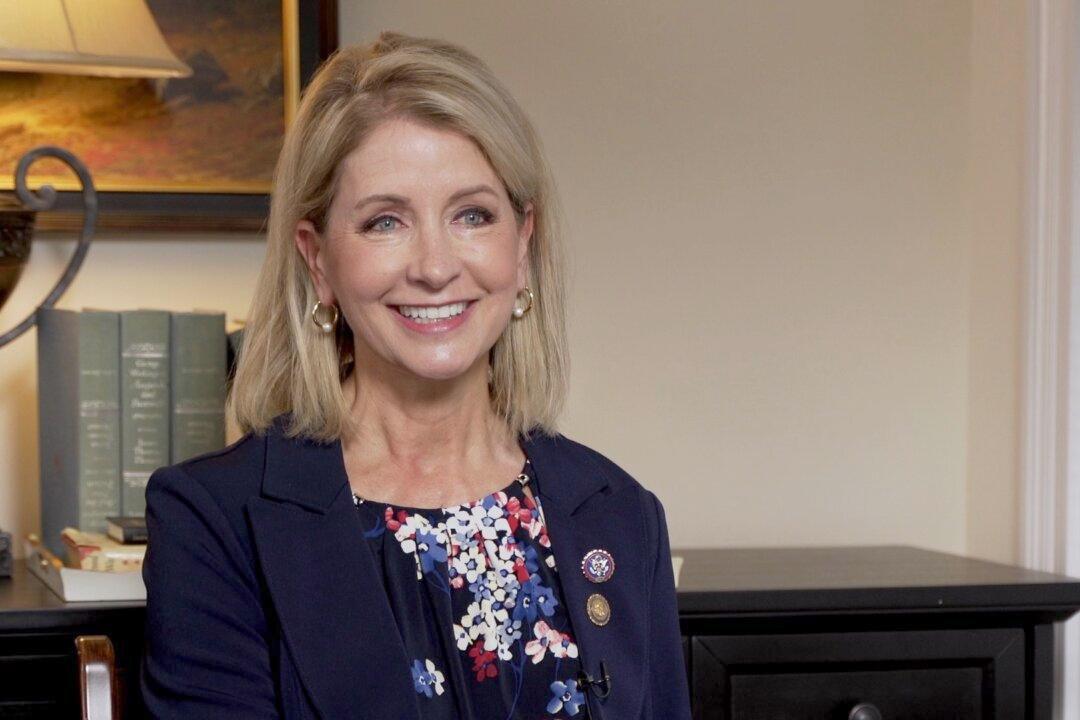The fight over banning TikTok in the United States goes beyond national security implications—with youth mental health as one of the main reasons cited by both proponents and opponents of the popular app.
And that issue does not just apply to the Chinese Communist Party-tied platform.





